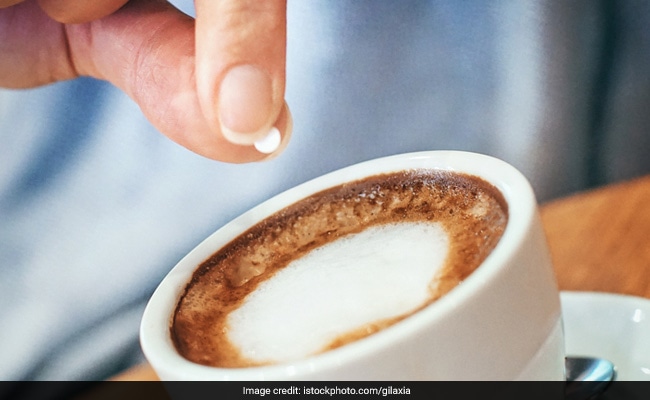
There have been several studies on artificial sweeteners in the past.
New research has revealed that a chemical found in a popular artificial sweetener may damage a person’s DNA and can lead to cancer. The zero-calorie sweetener in question is sucralose, which is marketed as Splenda. It is 600 times sweeter than table sugar and used in thousands of products, including baked goods, beverages, chewing gum, gelatins and frozen dairy desserts. The research on the chemical has been carried out by experts from North Carolina State University and published in the Journal of Toxicology and Environmental Health.
“Sucralose is utilized in tens of thousands of food, beverage, and pharmaceutical products worldwide,” Susan Schiffman, an adjunct professor at North Carolina State University who led the study, told Newsweek.
“For example, it is found in baked goods, beverages, chewing gum, gelatins, frozen dairy desserts, and pharmaceutical products,” she added.
Splenda is the most popular brand of sugar substitute in the country, with over 50 million users, the outlet further said.
In the human body, sucralose breaks down into a compound called sucralose-6-acetate, which can damage the lining of the intestine.
“Other studies have found that sucralose can adversely affect gut health, so we wanted to see what might be happening there,” Dr Schiffman said in a press release.
What they found stunned the researchers. “Sucralose-6-acetate significantly increased the expression of genes associated with inflammation, oxidative stress and cancer. Our in vitro studies used human tissue, so the findings are directly relevant for the human body,” she added.
The study adds to previous research that says sucralose can also cause intestinal damage.
“When we exposed sucralose and sucralose-6-acetate to gut epithelial tissues – the tissue that lines your gut wall – we found that both chemicals cause ‘leaky gut’,” said Dr Schiffman.
However, the makers of artificial sweeteners assert that their products are safe.
“Sucralose has undergone one of the most extensive and thorough testing programs conducted on any food additive in history, resulting in consensus on its safety throughout the global scientific and regulatory community,” a representative of the International Sweetener Association told Newsweek.
There have been several studies on artificial sweeteners, which have linked these products to health risks. In May, the World Health Organisation (WHO) recommended that artificial sweeteners like Splenda not be used for weight control.